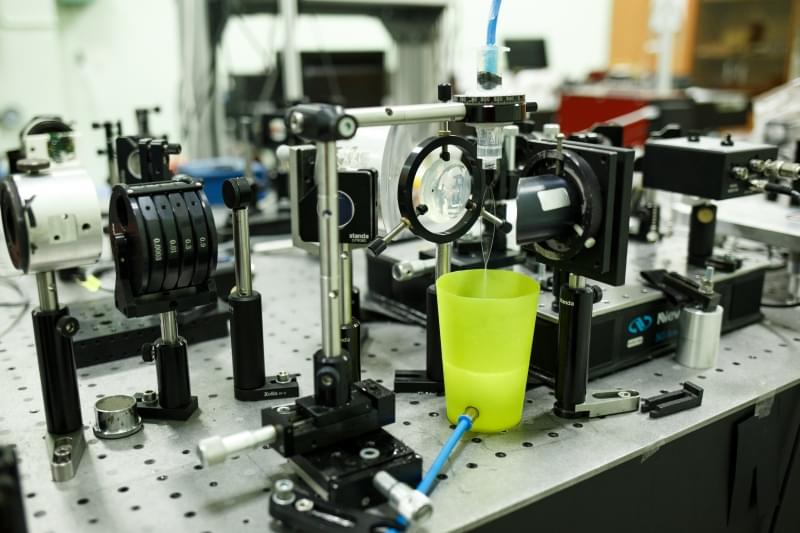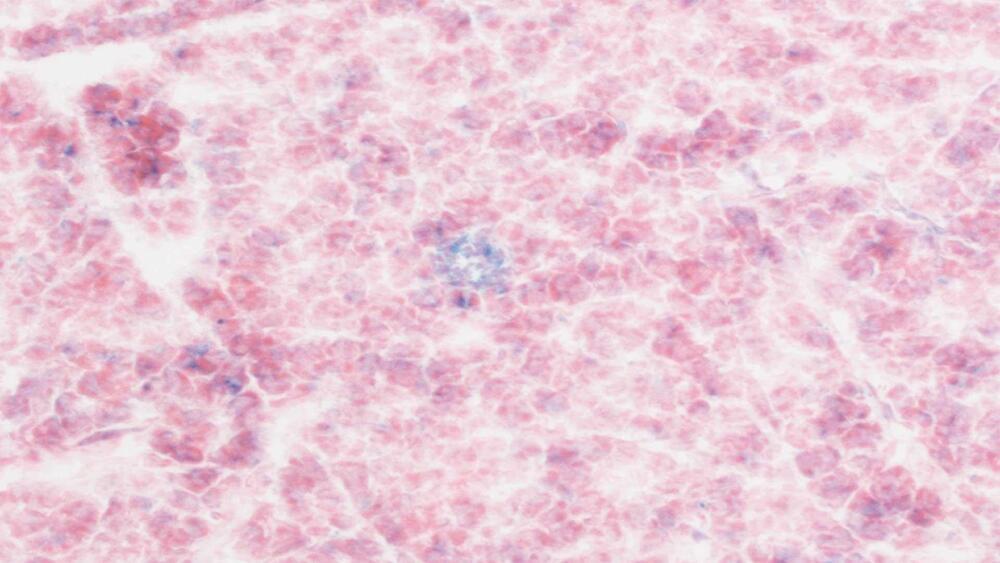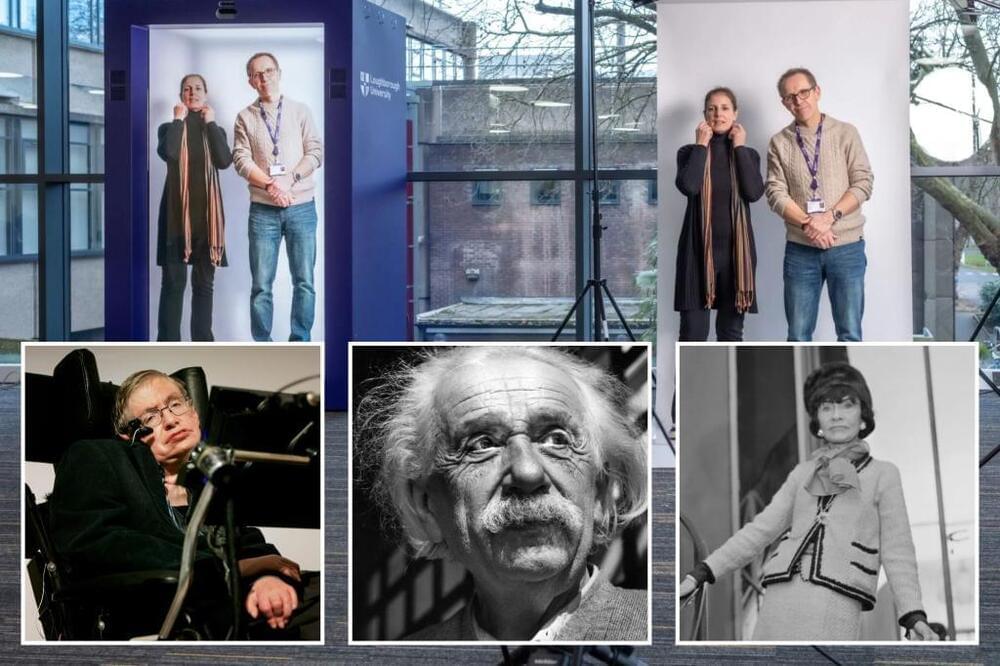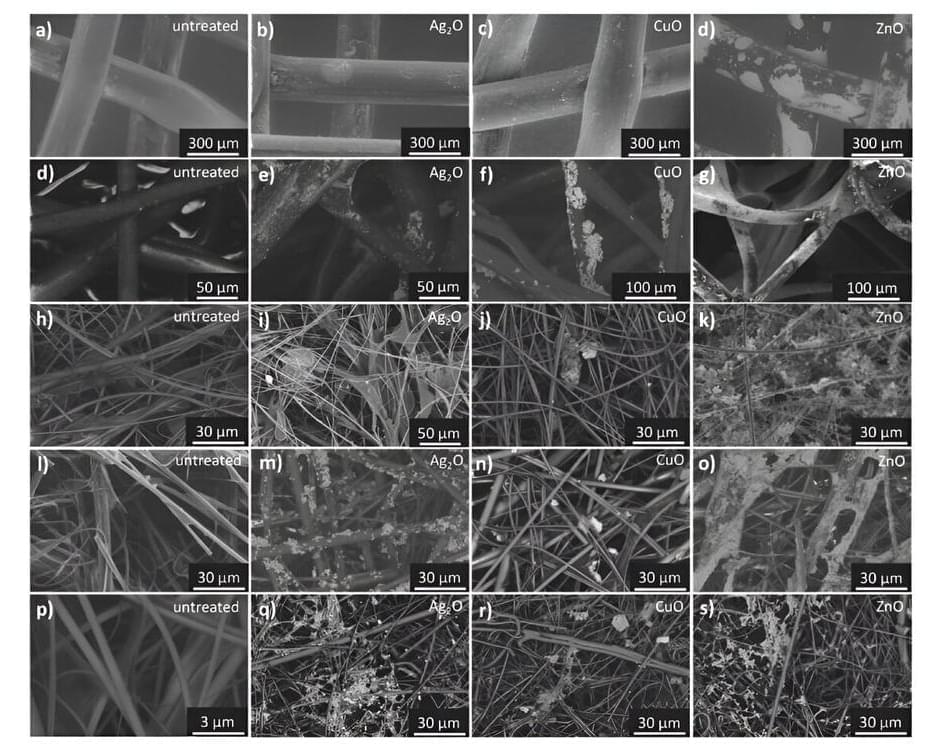Polar liquids, such as water, are powerful absorbents of electromagnetic waves in the terahertz range. For that reason, they were never considered as potential THz radiation sources. Last year, researchers from ITMO University and the University of Rochester proved that liquid-based radiation sources can be no less effective than traditional ones. In their new study, the staff of ITMO University’s Laboratory of Femtosecond Optics and Femtotechnologies present their research on the generation of THz radiation in liquid jets of various kinds. In the future, these findings can be used to create new alternative sources of THz radiation. The research was published in Optics Express.
Terahertz technologies: spectroscopy, security, biomedicine, and non-destructive diagnostics
Terahertz radiation is a type of electromagnetic radiation located within the frequency spectrum between infrared and radio. It passes well through a variety of materials, such as wood, plastic, and ceramics.









